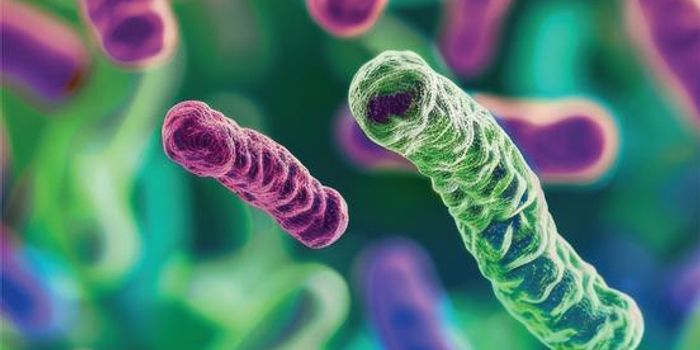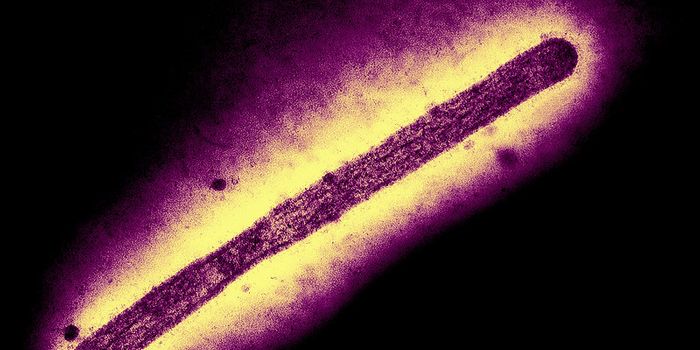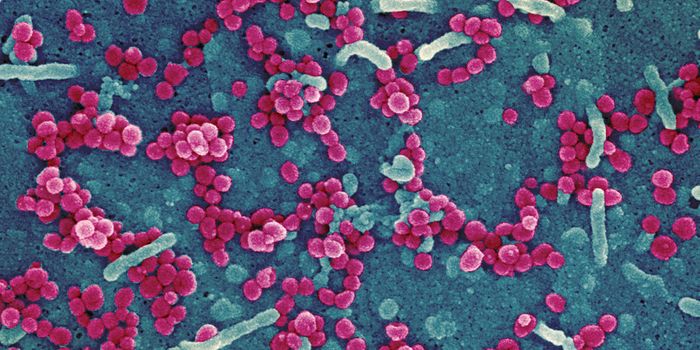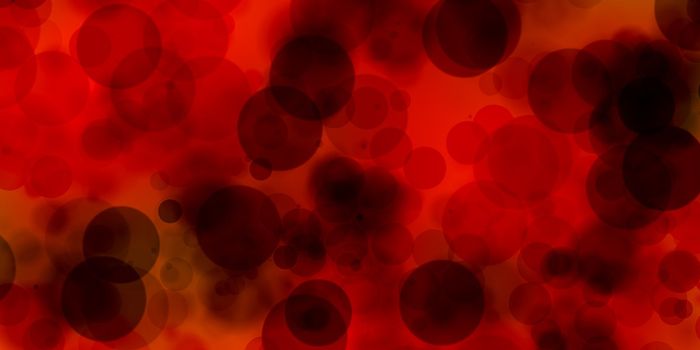Pumping the Brakes on Stomach Cancer Progression

By the time stomach cancer is diagnosed, it’s often bad news for patients. The disease often presents with relatively mild symptoms (heartburn, nausea, and poor appetite) until the advanced stages, at which point there are very limited treatment options available.
Stomach cancer is the fifth most common cancer worldwide with over a million new diagnoses in 2018 alone.
Now, scientists have discovered a nexus between a molecular regulator of inflammation and stomach cancer progression, breaking new ground in how the disease can be managed clinically. The study was published in the journal Gastroenterology.
The research team, led by Lorraine O’Reilly found that eliminating the immune cytokine tumor necrosis factor, or TNF, arrests the progression of stomach cancer. TNF is an inflammatory signaling protein that alerts immune cells to the presence of infection or tissue damage, thus triggering inflammation.
“We discovered that invasive stomach cancers contain high levels of various factors involved in inflammation, including four soluble proteins called cytokines,” explained O’Reilly.
“By removing each of the four cytokines that were elevated in our model, we could assess how important each one was. This revealed that the cytokine TNF was required for the progression of stomach cancer,” she said.
This observation was significant as it points towards a potential therapeutic approach for slowing stomach cancer development before it begins to spread and invade other organs.
TNF-blocking therapeutics are already in the clinic, albeit for a different application: treating rheumatoid arthritis. Follow-up studies by the team are focused on further testing the safety and efficacy of such drugs for treating stomach cancer.
Sources: Gastroenterology, WEHI.








